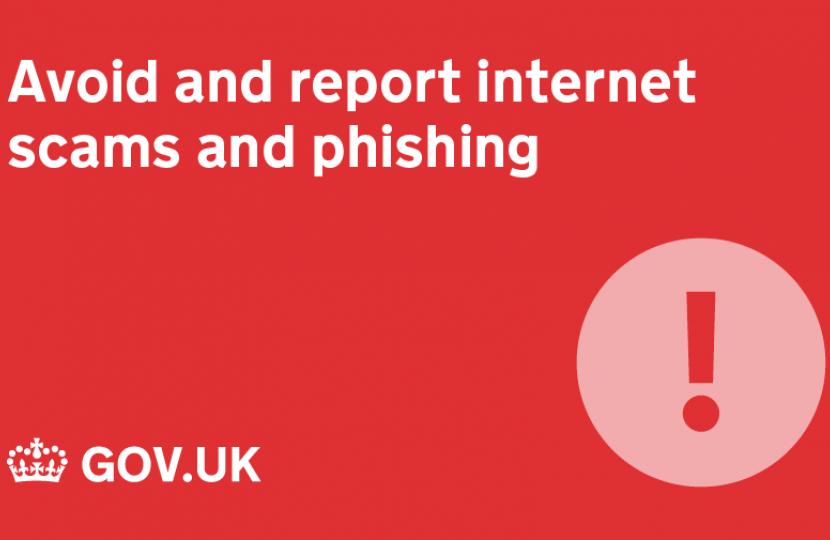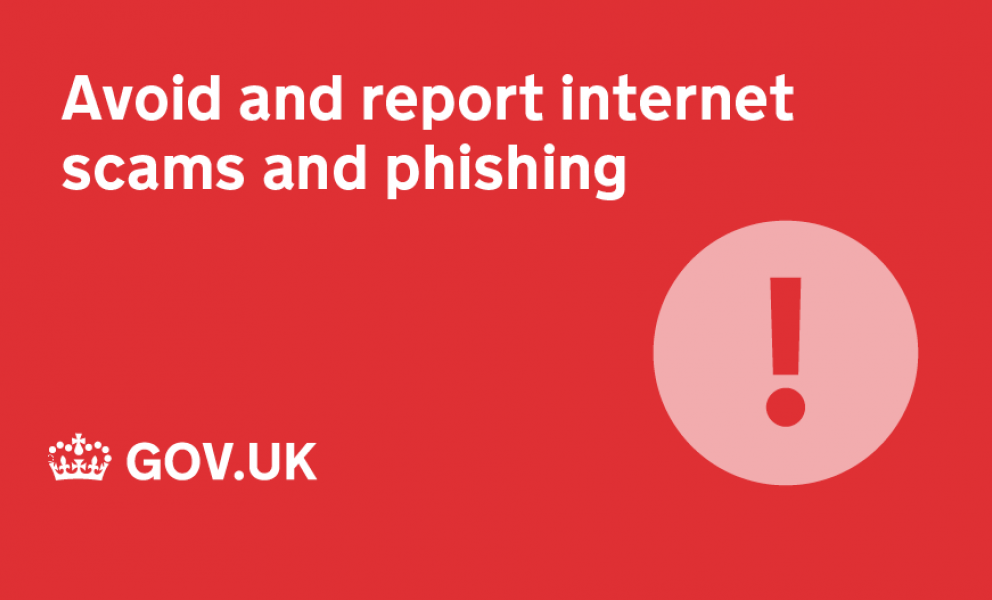
Report misleading websites, emails, phone numbers, phone calls or text messages you think may be suspicious.
Do not give out private information (such as bank details or passwords), reply to text messages, download attachments or click on any links in emails if you’re not sure they’re genuine.
Some websites, emails or phone numbers can look like they’re part of an official government service or that they provide more help than they actually do.
This might mean you pay for services that you could get cheaper or for free if you used the official government service, for example renewing a passport.
Search on GOV.UK to find official government services and phone numbers - for example if you want to apply for a driving licence or a European Health Insurance Card (EHIC).
You can report a misleading website, email or phone number to:
- Action Fraud
- Google if it appears as an advert in their search results
- Bing if it appears as an advert in their search results
Amazon Prime Scam
There has been an increase in the number of telephone scams in recent weeks. One which has come to my attention is when a call comes in to your landline from someone claiming to be from Amazon about your Amazon Prime renewal.
They will ask you to log into your bank account and from there can hack your account. If you receive a call which seems at all suspicious please hang up and call the company directly.
Make sure you have a dial tone before dialling as they can otherwise remain on the line. Never give callers or reply to text messages your bank account details or passwords.
Please share and pass this on to relatives and friends who may not see this post and help keep them safe.





